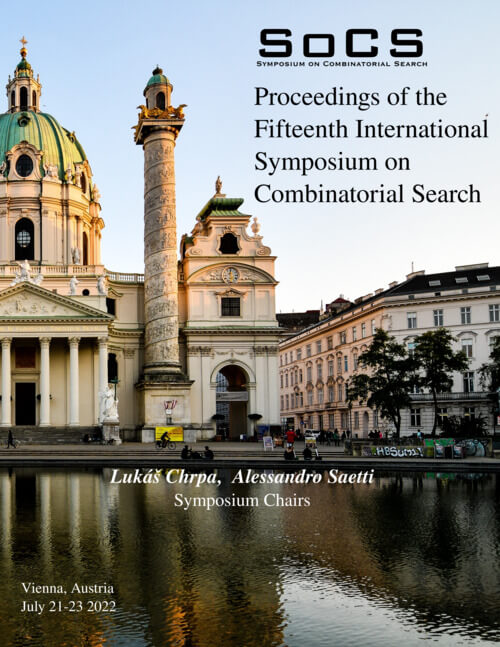Lower and Upper Bounds for Multi-Agent Multi-Item Pickup and Delivery: When a Decoupled Approach is Good Enough (Extended Abstract)
DOI:
https://doi.org/10.1609/socs.v15i1.21802Keywords:
Analysis Of Search Algorithms, Search In Robotics, Real-life ApplicationsAbstract
The Multi-agent Multi-item Pickup and Delivery problem (MAMPD) stands for a problem of finding collision-free trajectories for a fleet of mobile agents transporting a set of items from their initial positions to specified locations. Each agent can carry multiple items up to a given capacity. We study the solution quality of the naive decoupled approach, which decouples the problem into task assignment (TA) and Multi-Agent Pathfinding (MAPF). By computing the gap between the lower bound of the MAMPD cost, estimated using the TA cost, and the upper bound, given by the final MAMPD cost, we show that the decoupled approach is able to obtain near-optimal solutions in a wide range of cases.Downloads
Published
2022-07-17
Issue
Section
Extended Abstracts

